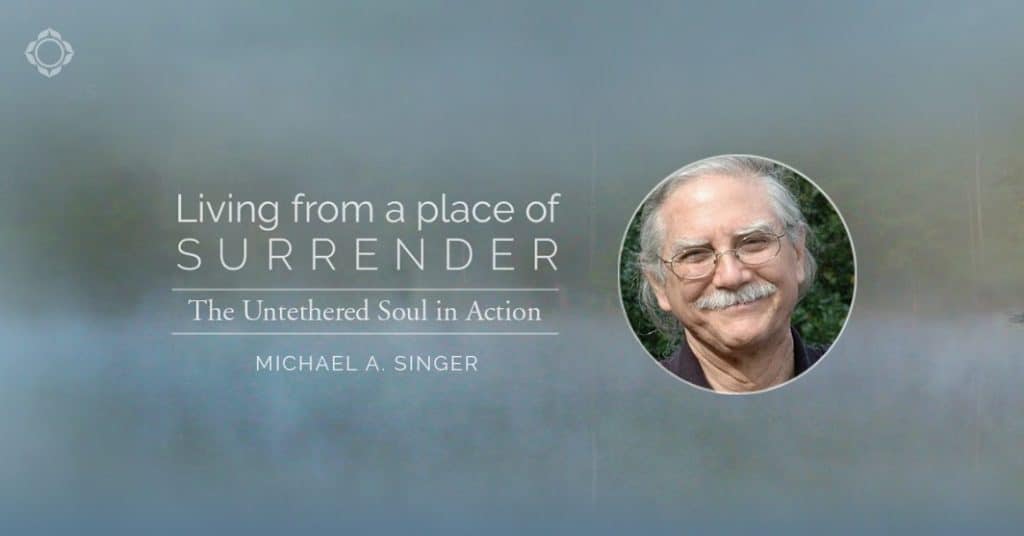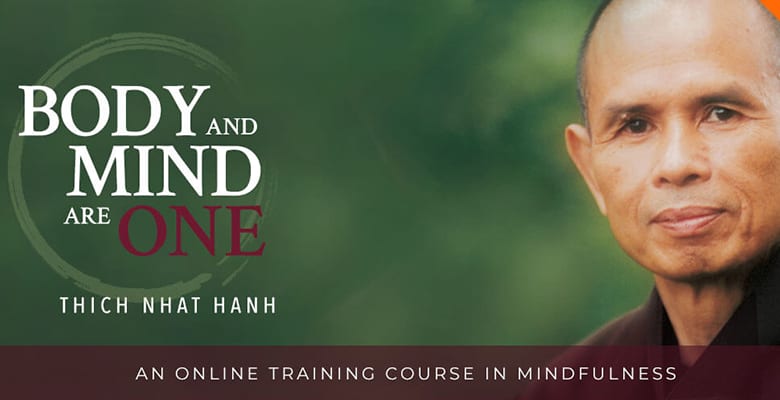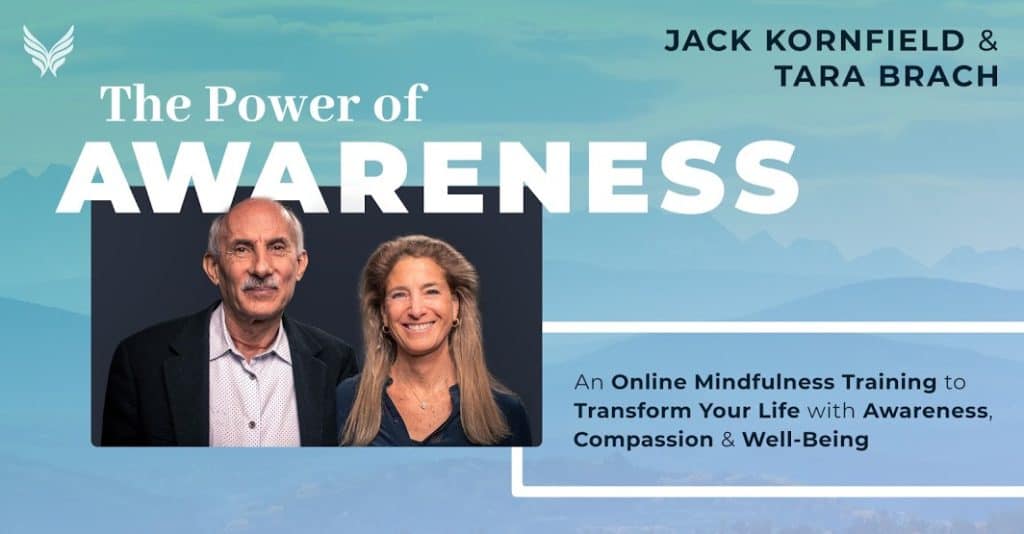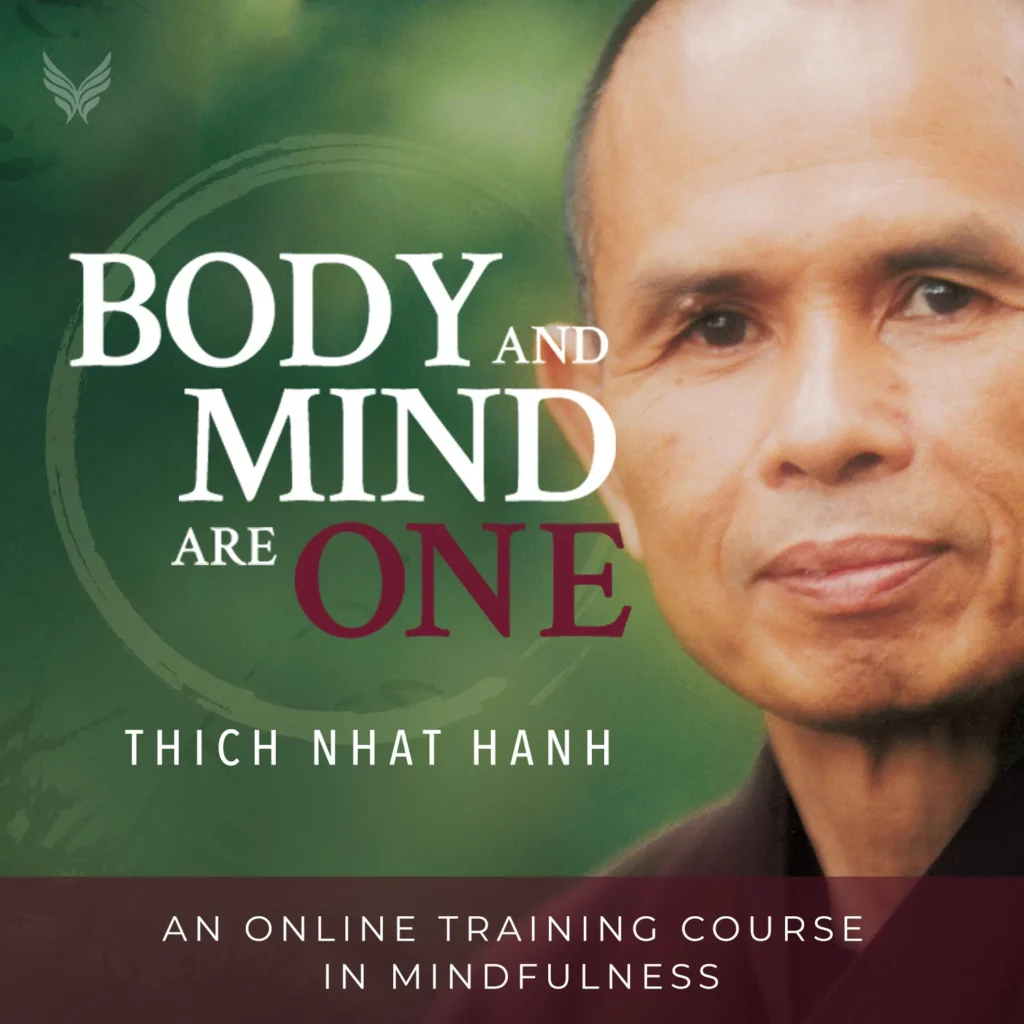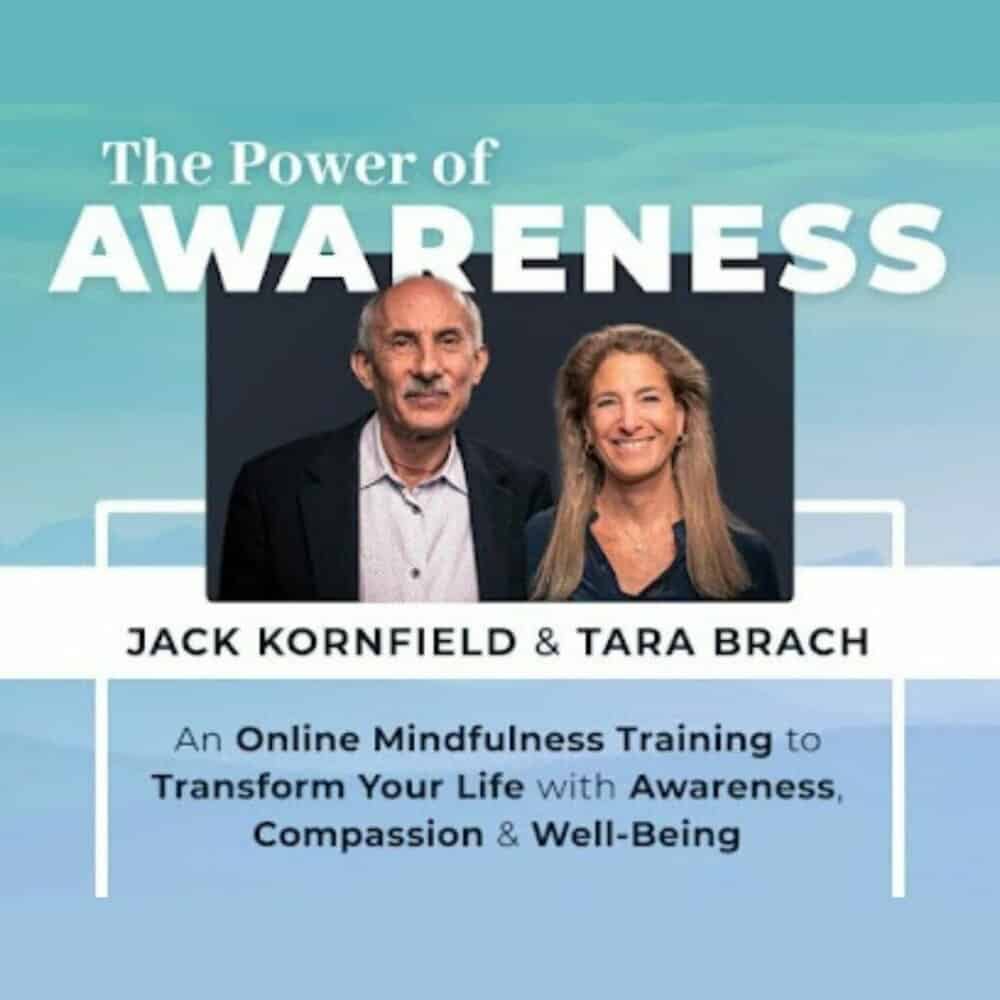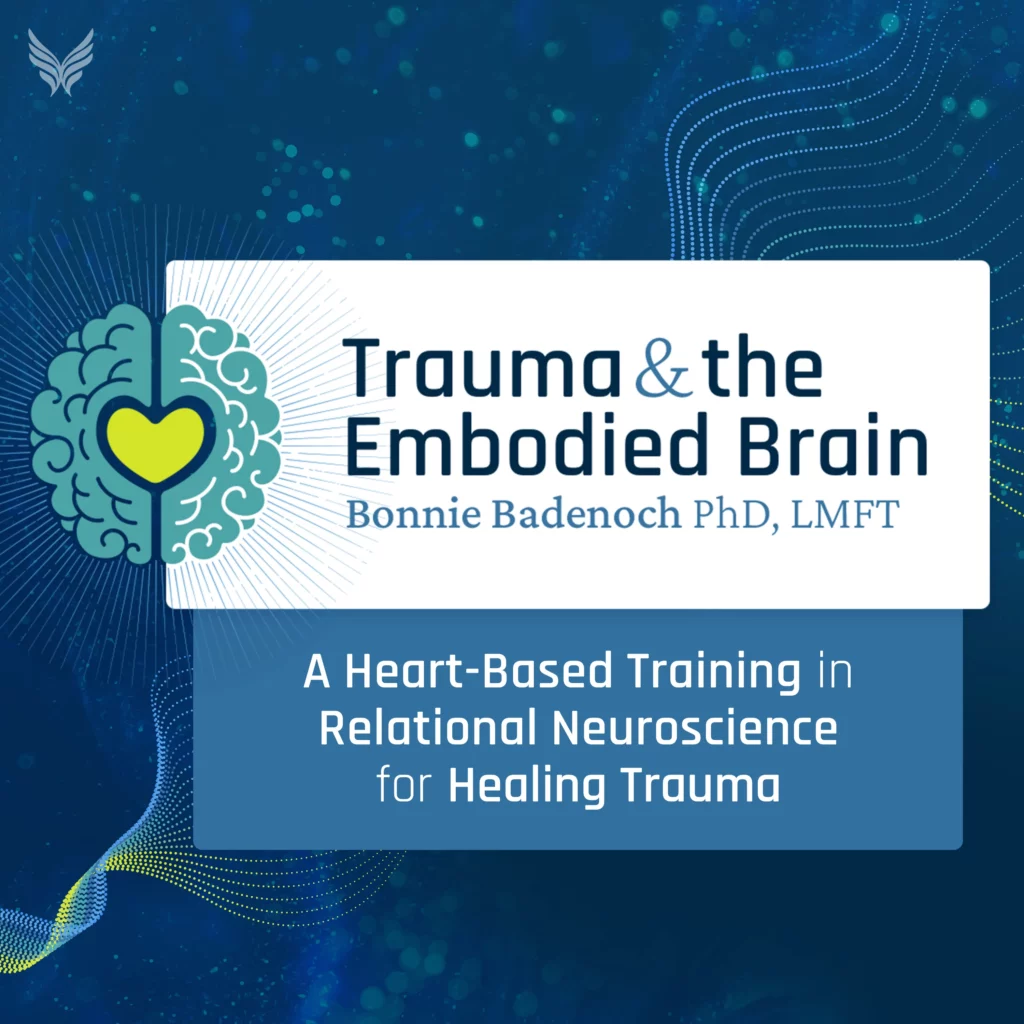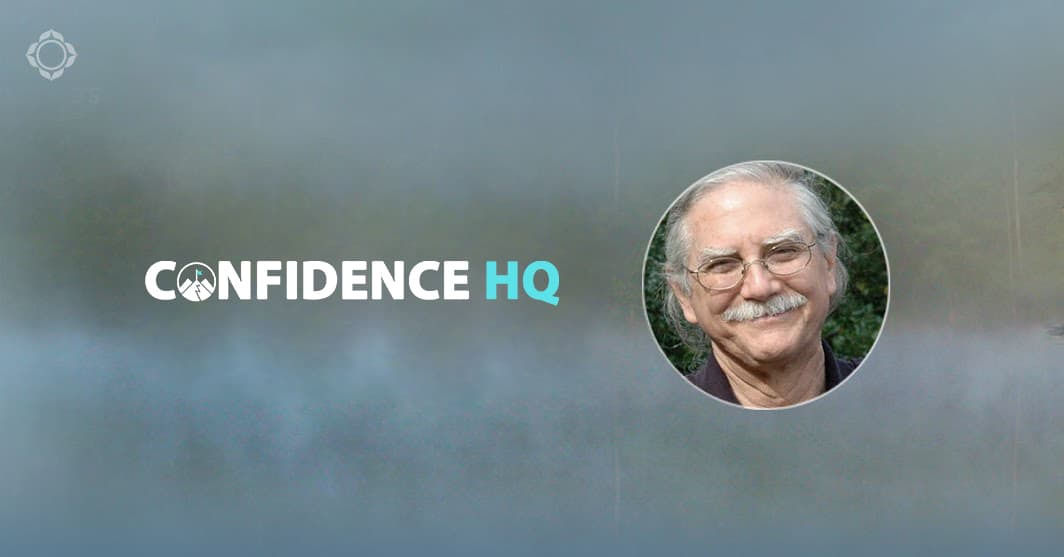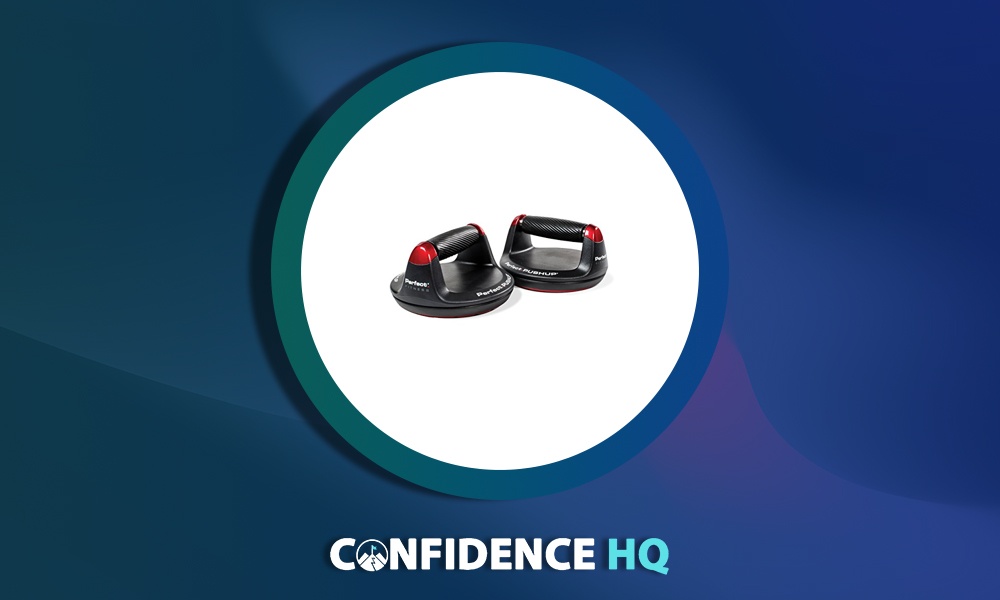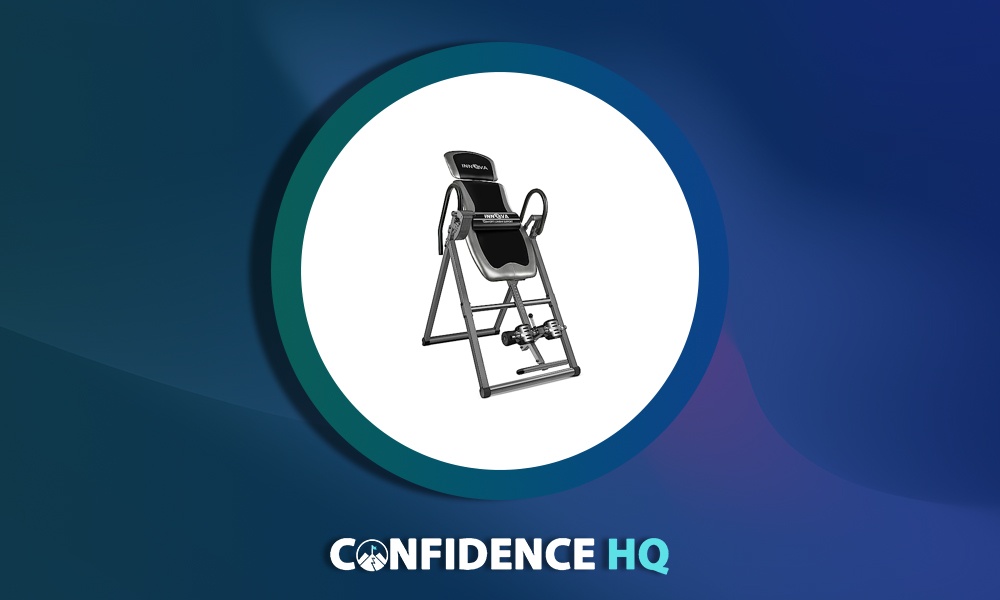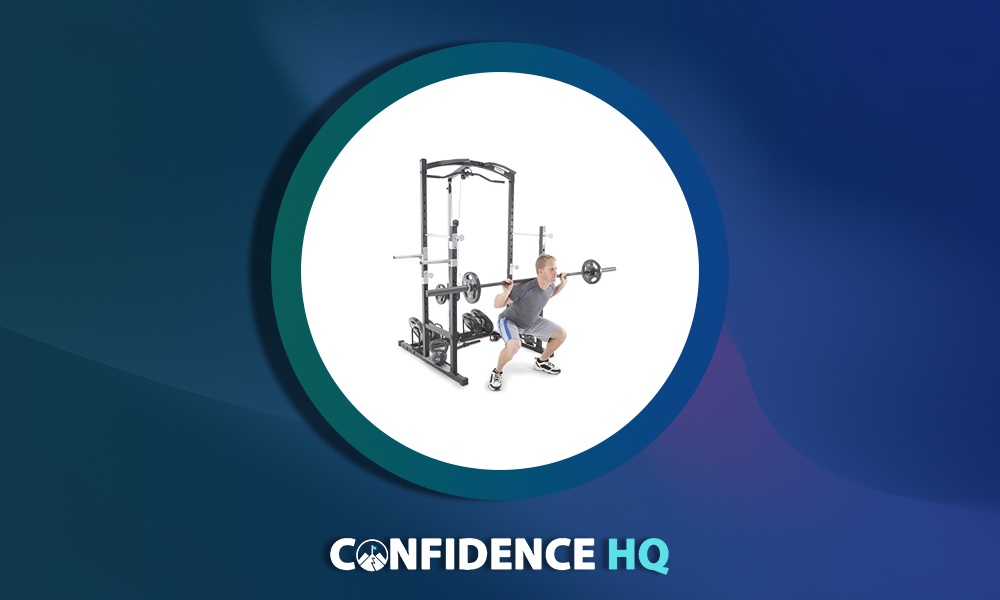The signs of stress are different for everyone, but there are some general symptoms that can indicate you are under too much pressure.
For example, increased heart rate, headaches, and difficulty sleeping are some of the most common indicators of stress.
If left unchecked, chronic stress can lead to more serious health problems such as anxiety and depression, so if the signs are there, you might need to take a step back and address the triggers in your life.
In this article, we’ll explore signs, symptoms, management, and prevention!
Table of Contents
What Is the Definition of Stress?
Stress is the body’s reaction to potentially dangerous events, whether actual or imagined. When you are threatened, your body undergoes a chemical reaction that allows you to behave in a way that prevents injury.
The stress response is also known as the “fight-or-flight” mode. Your heart rate and breathing quickens, your muscles constrict, and your blood pressure rises as a result of the stress reaction. You’ve prepared yourself to take action. It’s how you safeguard yourself.
To various people, stress signifies different things. What creates stress in one individual may be unimportant to someone another. Some people can manage stress better than others.
In fact, not all stress is negative. Stress, in modest quantities, can assist you in completing tasks and avoiding injury.
For example, stress may cause you to slam on the brakes in order to avoid colliding with the vehicle in front of you. That’s a positive development.
Our bodies are built to deal with tiny amounts of stress. However, we are unprepared to deal with long-term, chronic stress without negative repercussions.
Many distinct symptoms can be caused by stress. It may have an impact on how you feel physically, cognitively, and behaviorally.
What happens to your body when you're stressed?

The autonomic nervous system regulates your heart rate, respiration, eyesight, and other bodily functions. The body’s built-in stress reaction, known as the “fight-or-flight response,” assists it in dealing with stressful conditions.
Continuous activation of the stress response creates wear and tear on the body when a person is under long-term stress. Symptoms appear in the form of physical, emotional, and behavioral manifestations.
The following are physical signs of stress:
- Aches and pains are a common occurrence.
- Chest pain or the sensation that your heart is beating very fast and irregular.
- Sleeplessness or exhaustion.
- Headaches, dizziness, or trembling may occur.
- Blood pressure that is too high.
- Jaw clenching or muscle tightness.
- Problems with the stomach or intestines.
- It’s difficult to have sex.
- Immune system is weakened.
Stress can cause a variety of emotional and mental symptoms, including:
- Irritability or anxiety.
- Depression.
- Panic attacks happen.
- Sadness.
- Concentration problems
- Unable to make decisions
- Feeling disoriented
- Worried all of the time
- Forgetfulness
However, unfortunately, it’s not always simple to tell whether stress is to blame for how you’re feeling or acting.
What Are the Long-Term Effects of Stress?
It’s not something to be concerned about if you become a little stressed now and then. Chronic stress, on the other hand, can develop or worsen a variety of significant health conditions, including:
- Depression, anxiety, and personality disorders
- Heart illness, excessive blood pressure, irregular heart rhythms, heart attacks, and strokes
- Obesity and other eating problems
- Problems with menstruation
- Impotence and premature ejaculation in men, as well as lack of sexual desire in both men and women
- Acne, psoriasis, and eczema, as well as irreversible hair loss
What are some stress-reduction techniques?
There are a variety of everyday methods that might help you manage stress:
Meditation, yoga, tai chi, breathing techniques, and muscular relaxation are all good ways to relax. Online, through smartphone applications, and at many gyms and community centers, self development programs are offered.
You can take a look at the following online mindfulness/ meditation training programs to start right away.
Furthermore, take good care of your body every single day. Eating well, exercising regularly, and getting adequate sleep all help your body cope with stress more effectively.
Maintain a cheerful attitude and express thanks for the positive aspects of your day or life.
Accept the fact that you won’t be able to manage everything. Find techniques to relax and let go of worries about things you can’t control.
When you’re too busy or anxious, learn to say “no” to new tasks.
Maintain relationships with individuals who calm you down, make you joyful, offer emotional support, and assist you with practical matters. So that tension does not become overpowering, a friend, family member, or neighbor can become a good listener or share tasks.
Conclusion
Stress is a natural aspect of life. What is most important is how you manage it. Knowing your stress symptoms is the greatest way to avoid stress overload and the health risks that come with it.
Speak with your doctor if you are feeling overwhelmed by stress. Many stress-related symptoms might also be indicators of other health issues. Your doctor can assess your symptoms and eliminate possible causes. If stress is to fault, your doctor can refer you to a professional counselor who can help you manage your stress better.

